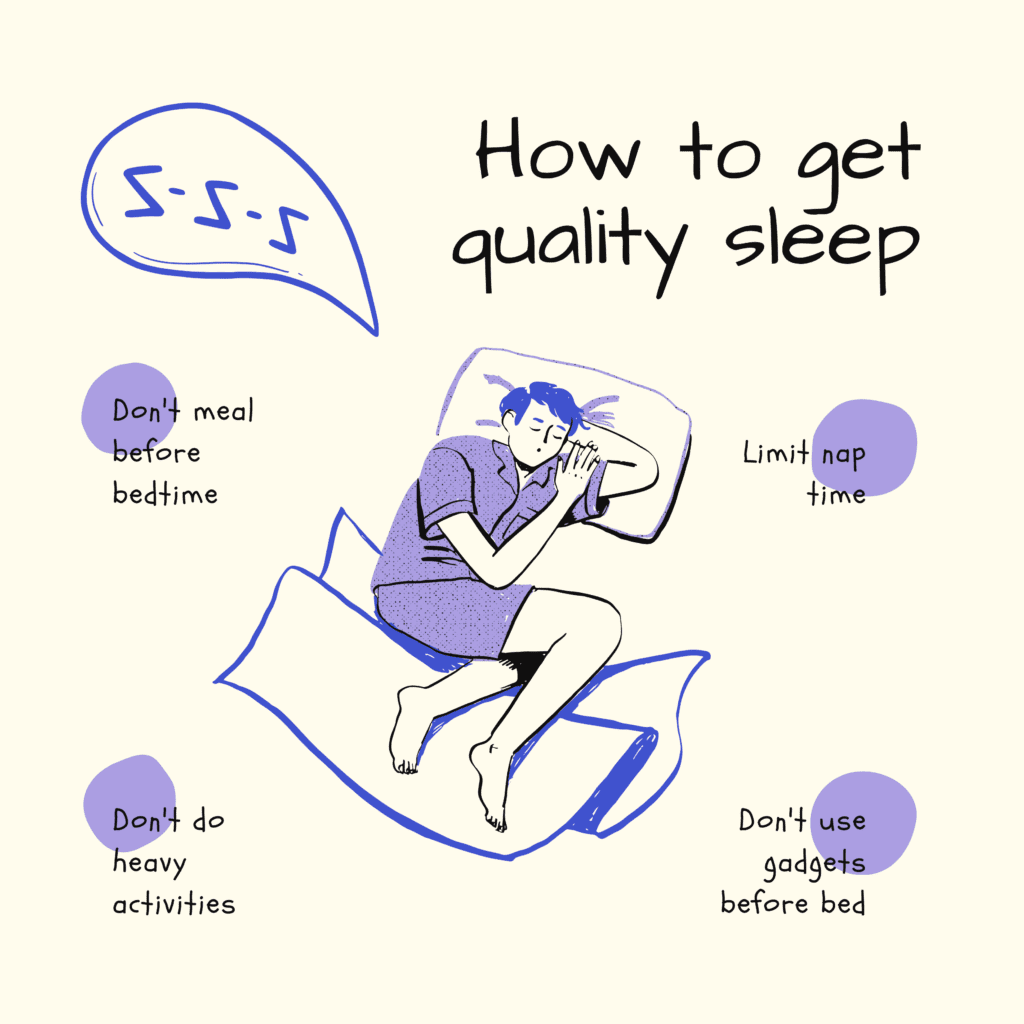Unlocking the Heart Health Secret: 5 Surprising Ways to Prevent Heart Disease!
In a time when stress levels are high and fast food can be found everywhere, addressing heart health has never been more important. Heart disease is still one of the primary causes of death worldwide, but the good news is that prevention is within reach. At [healthcyre.com], we are committed to providing individuals with the information and resources they need to protect their cardiovascular health. In this thorough book, we reveal 5 surprising methods to avoid heart disease and begin your road to optimal heart health.

Understanding Heart Disease
- Heart disease: heart disease refers to a variety of problems that impact the structure and function of the heart, such as cardiovascular disease, cardiac rhythm problems, and fundamental heart problems that occur at birth.
- Risk Factors: High blood pressure, raised cholesterol levels, smoking, obesity, and a lack of physical activity are all major risk factors for heart disease. Each of these variables has a substantial influence on heart health and raises the risk of developing cardiovascular disease.
- High blood pressure: High blood pressure tones the heart and can cause damage to blood vessels and tissues. High cholesterol levels cause plaque accumulation in blood vessels. Being overweight causes more stress on the heart and raises the risk of developing diseases like diabetes and hypertension. A lack of activity increases weight gain, decreases the heart muscle, and prevents circulation, raising the risk of heart disease.
- Preventive Measures: To avoid heart disease, lead a healthy lifestyle. Begin by consuming healthy meals such as fruits and vegetables while avoiding extra fats and sweets. Get frequent exercise, aiming for at least 30 minutes every day. If you smoke, quit. Deep breathing and meditation are examples of relaxation practices that might help you manage stress. Finally, maintain a healthy weight through balanced nutrition and physical activity. These easy steps can help you maintain good heart health.
- Overall Impact: By fully understanding the many components of heart disease and its effects on heart health, people may take measures to protect their cardiovascular health. The incidence of heart disease can be considerably lowered by combining lifestyle changes with preventive healthcare treatments, resulting in enhanced overall health and lifespan.
5 Methods to prevent heart disease
1. The Power of Nutrition

A healthy, well-balanced diet is one of the most successful methods to avoid heart disease. Consuming heart-healthy foods, including fruits, vegetables, whole grains, lean meats, and healthy fats, can help lower cholesterol, manage blood pressure, and minimize the risk of heart disease. Additionally, reducing saturated fats, trans fats, salt, and refined carbohydrates is critical for heart health.
- Vital nutrition: The important nutrients necessary for good health and well-being. The significance of eating a well-balanced diet rich in vitamins, minerals, proteins, carbs, and fats is to help the body perform its many activities. Vital nutrition is essential for supporting overall health, including cardiovascular health, and is required for cellular repair, energy generation, and immune system function. Individuals may achieve their nutritional demands and enhance long-term health by focusing on nutrient-dense foods, including fruits, vegetables, whole grains, lean meats, and healthy fats.
- Heart Health Benefits: Eating heart-healthy foods such as fruits, vegetables, whole grains, lean meats, and healthy fats can improve your heart’s condition by reducing cholesterol, managing blood pressure, and lowering the risk of heart disease.
- Whole Foods vs. Processed Meals: Whole foods, which are less processed and high in nutrients, provide more health advantages than processed meals, which are frequently heavy in harmful fats, sugars, and salt.
- Impact on Blood: The impact of blood on the body is extensive. It transports oxygen and nutrients, removes waste, fights infections, regulates temperature and pH balance, and facilitates clotting to prevent excessive bleeding. Additionally, blood carries hormones and signaling molecules that regulate various bodily processes.
- Blood pressure: regulation involves maintaining it within a normal range to ensure proper cardiovascular system function and general health. It is measured in millimeters of mercury (mmHg) and has two components: blood pressure (pressure when the heart beats) and diastolic pressure (pressure when the heart rests in between beats) modify blood artery diameter, blood volume, and cardiac output to maintain constant pressure levels.
- Healthy fats can be found in:
- Avocados
- Nuts (like almonds, walnuts, and cashews)
- Seeds (such as chia seeds, flaxseeds, and sunflower seeds)
Olive oil - Fatty fish (like salmon, mackerel, and trout)
2. Stay active and stay healthy.

1. Regular Exercise: Regular physical exercise is important for general health and well-being. Aim to do at least 150 minutes of moderate-intensity activity or 75 minutes of intense exercise every week.
2. Cardiovascular Health: Physical exercise strengthens the heart and improves circulation, lowering the risk of cardiovascular illness, including heart attacks and strokes.
3. Weight Management: Regular physical exercise helps regulate weight by lowering body fat and building muscle mass, lowering the chance of being overweight and developing associated health problems.
4. Mental Well-Being: Exercise releases endorphins and other neurotransmitters, which can boost mood and alleviate symptoms of worry, tension, and sadness.
5. Bone Health: Lifting weights and doing workouts like walking, running, and strength training can help preserve the density of bones and lower the risk of fractures.
6. Improved Sleep: Regular physical exercise may improve sleep quality and length, resulting in greater overall health and daily performance.
7. Increased Energy Levels: Exercise increases energy levels by improving circulation and oxygen supply to tissues, resulting in greater stamina and life.
3. Stress Management Techniques

1. Deep Breathing: Deep breathing involves taking slow, deep breaths to relax the body and mind. It can reduce stress and promote relaxation.
2. Meditation: Practice meditation techniques to relax the mind, increase awareness, and promote inner calm.
3. Yoga: Include yoga in your daily practice to relieve stress via physical movement, mindfulness, and breath awareness.
4. Progressive Muscle Relaxation: Tense and relax various muscle groups throughout the body to relieve physical stress and promote relaxation.
5. Mindfulness: Practice mindfulness via activities like mindful walking, eating, or listening to increase present-moment awareness and reduce stress.
6. Journaling: Write down your ideas and feelings to process them, develop clarity, and reduce stress.
7. Social Support: Reach out to friends, relatives, or support groups to share experiences, get encouragement, and feel connected during stressful times.
4. Quality Sleep Matters

- Physical Restoration: sufficient sleep helps the body repair and restore itself, improving overall health and fitness.
- Mental Well-Being: Adequate sleep promotes suitable brain function, emotional control, and memory retention, which improves overall mental health.
- Immune System Support: Restorative sleep is essential for maintaining a strong immune system, which aids the body in fighting infections and diseases.
- Metabolic Regulation: Quality sleep helps to regulate the body’s energy and metabolism balance, which helps with weight control and general well-being.
- Cardiovascular Health: sufficient sleep enhances cardiovascular health by maintaining normal blood pressure and lowering the risk of heart disease and stroke.
- Stress Reduction: Good sleep reduces stress, improves resistance to everyday difficulties, and improves overall stress management.
5. Regular Health Check-ups

- Preventive Screening: Preventive screening involves tests to detect health problems before symptoms appear. It helps identify risk factors early for effective intervention and disease prevention.
- Physical Examination: A physical examination is a thorough assessment of the body performed by a healthcare provider to check for signs of health issues or abnormalities.
- Health History Review: A health history review involves evaluating an individual’s medical background, including past illnesses, surgeries, medications, allergies, and family medical history, to identify potential health risks and guide preventive measures and treatment plans.
- Risk Assessment: Risk assessment involves evaluating factors like family history, lifestyle habits, and medical conditions to identify health risks and develop preventive strategies.
- Immunizations: Immunizations involve receiving vaccines to prevent infectious diseases. They help the body develop immunity to specific pathogens, protecting individuals from illness and reducing the spread of disease within communities.
- Health Education: Health education involves providing information and guidance on topics such as nutrition, exercise, disease prevention, and management strategies to empower individuals to make informed decisions about their health.
- Follow-up Care: Follow-up care involves scheduling additional appointments, tests, or treatments as recommended by healthcare providers to monitor health conditions, adjust treatment plans, and ensure ongoing support and management of health issues.